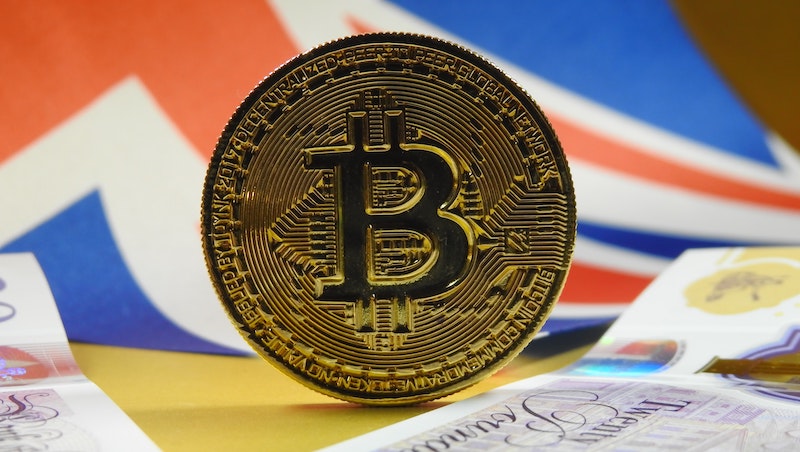The movements came as markets digested prime minister Theresa May’s snap election and mused over French politics.
After hitting its 2% inflation target in February, the price of goods declined in March, impacted by a slowdown in the prices of fuel, heating oil, vegetables and packaged holidays.
Inflation in the European Union (EU) fell by 0.4% to 1.6%, while the euro area recorded a 0.5% drop in its inflation rate.
The UK’s inflation rate, by comparison, remained fixed at 2.3% over February and March.
Inflation was highest in Latvia and Lithuania, at 3.3% and 3.2% respectively but eased up in some of the major European economies.
Germany and France saw rates fall from 2.2% to 1.5% and holding at 1.4%, respectively.
Meanwhile, over February, Eurostat data shows that euro area exports to the rest of the world increased year-on-year by 4% to €170.3bn. Imports during the same period were up 5% at €152.6bn.
However, the euro area only posted a trade surplus of €17.8bn compared with €18.2bn the year prior.
The EU’s trade surplus was also slightly weaker at €1.7bn, with imports rising faster than the region’s exports.
Sterling sprang to its highest level against the euro since September, closing at €1.1967 on Tuesday.
In April alone, it has risen 2.5% relative to the euro, buoyed by May’s general election proclamation and jitters ahead of the French election.
Despite the depreciation in currency, the EuroStoxx was only up slightly by 0.36% at 3,422.1.











